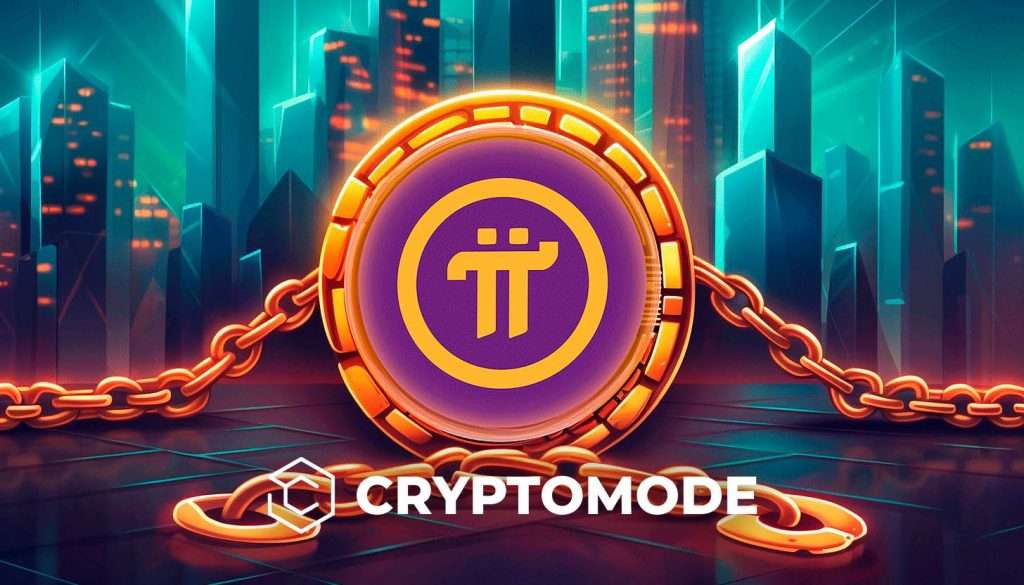The Pi Network (PI) has plummeted over 75% in the past three months, collapsing from highs near $3 in mid-February to just $0.73 at the end of March.
The sharp downturn follows an initial burst of optimism surrounding the launch of Pi Network’s Open Mainnet, which briefly catapulted the project into the top 20 cryptocurrencies by market cap. Most of the hype comes from the potential Binance listing, which now looks like a gone dream.
PI’s listing on smaller exchanges like Bitget, MEXC, Gate.io, and OKX brought temporary price action, but it failed to secure a spot on top-tier exchanges such as Binance or Coinbase.
Despite a widely publicized Binance community vote and Pi Day social media hype involving Coinbase executives, no major listing materialized. The absence of institutional-grade liquidity quickly led to a breakdown in price support.

- Source.
Mass Token Unlocks and Long-Term Lockups
The market’s optimism was further undercut by the massive unlocking of previously illiquid PI tokens. At one point, over 13 million tokens per day entered circulation, overwhelming buy-side interest.
Although the unlock rate has reportedly slowed to around 3.8 million per day, the damage has been done. Early adopters took the opportunity to cash out, many of whom mined large quantities of PI through Pi Network’s mobile app.
Meanwhile, Pi Network’s unusual tokenomics have compounded volatility. The majority of its users are still subject to long-term lockups, with over 62% of Pi holders reportedly locking their tokens for three years. This has created an aftermarket where users are now attempting to sell their entire accounts to bypass restrictions, further muddying the project’s reputation.
Scam Allegations, Regulatory Concerns, and Utility Gaps
Critics continue to voice concerns over Pi Network’s real-world utility, lack of decentralization, and transparency. Despite the project’s claims of using a modified Stellar Consensus Protocol and a decentralized node network, third-party data reveals a highly centralized validator set. Out of billions of tokens, only a handful of nodes validate transactions, raising questions about control and governance.
The platform has also faced harsh scrutiny from regulators and industry figures. Bybit CEO Ben Zhou has publicly referred to Pi Network as a scam, citing Chinese police warnings classifying the project as a pyramid scheme. Longstanding allegations of financial mismanagement and unresolved co-founder disputes dating back to 2020 continue to haunt its reputation.
Attempts to pivot the narrative with the announcement of a DAO-driven partnership with PiDaoSwap brought a brief 7% price bump, but the bounce was short-lived. With the price of PI continuing to trend lower and skepticism mounting, the project’s next steps will determine whether it can regain market trust or fade into obscurity.



